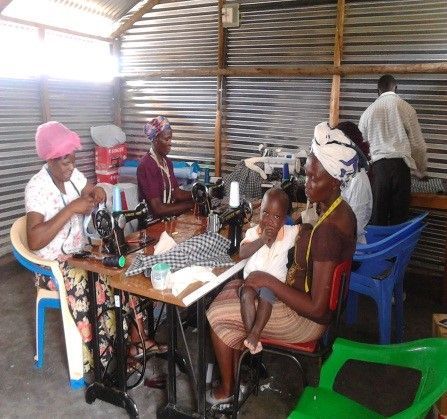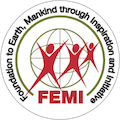Kenya
- Imani Reahabilitation Agency
- Victoria Friendly Montessori
- Twala Women Group
- Impact
- 100 Weeks
- Zero-Kap projects
Imani Rehabilitation Agency
Imani Rehabilitation Agency is guided by Imani Foundation https://stichtingimani.nl/ a foundation that advocates for the interests and rights of children in Kenya.
FEMI has been supporting Imani since 2010. They have 7 centers 5 in Nairobi, 1 in Ngong and 1 in Malindi on the Kenyan coast; each center has its own specialty. They provide care for about 250-300 abandoned babies, orphans without caregivers, children whose parents are in jail or living on the streets, lost children, young girls forced into marriage and sexually and mentally abused children. About 50 children are added each year and an equal number are rehabilitated through adoptions, foster care and/or family or family reunification. The centers provide temporary shelter and provide parental care, offer medical care, provide education and most importantly provide lots of love until the children are integrated into society through adoption, foster care and reintegration.
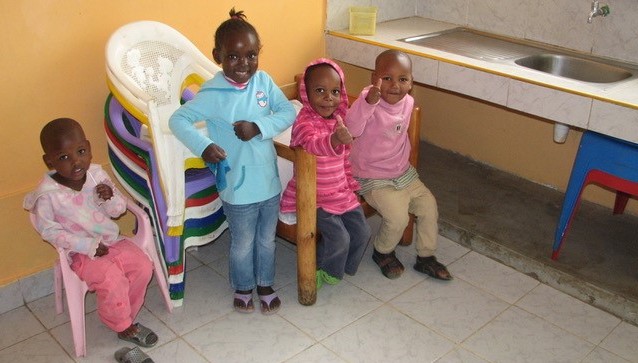
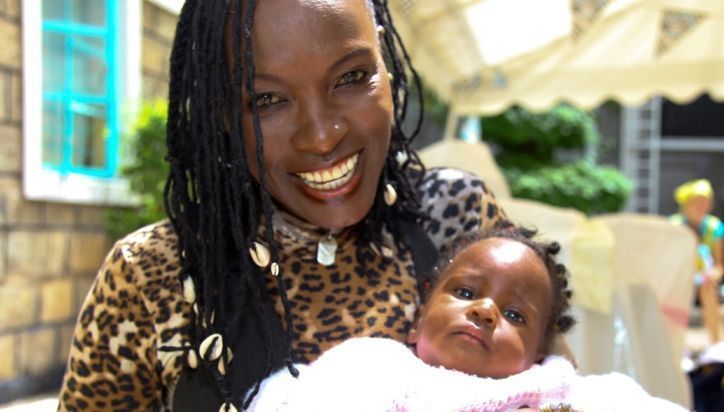
Victoria Friendly Montessori (VFM)
Victoria Friendly Montessori (VFM), https://vfmkenya.org/ was founded in 2014 by two motivated young residents and has since grown into a local organization based on the very poor Rusinga Island located on Lake Victoria. With integral projects initiated from within the community, they help the local community develop with the ultimate goal of breaking the cycle of poverty.
The project co-supported by FEMI has an integrated approach with interventions focusing on areas of concern such as economic development, education, health care, access to social services, improved food situation and WASH.
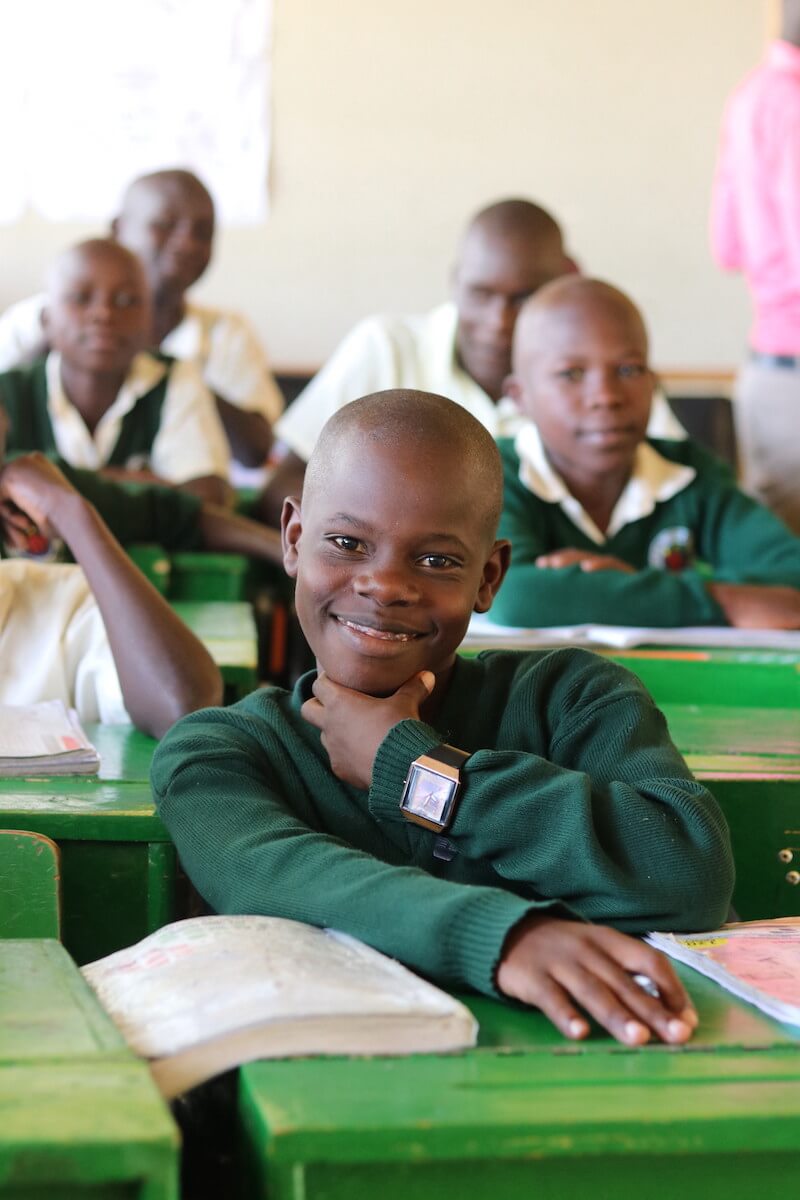
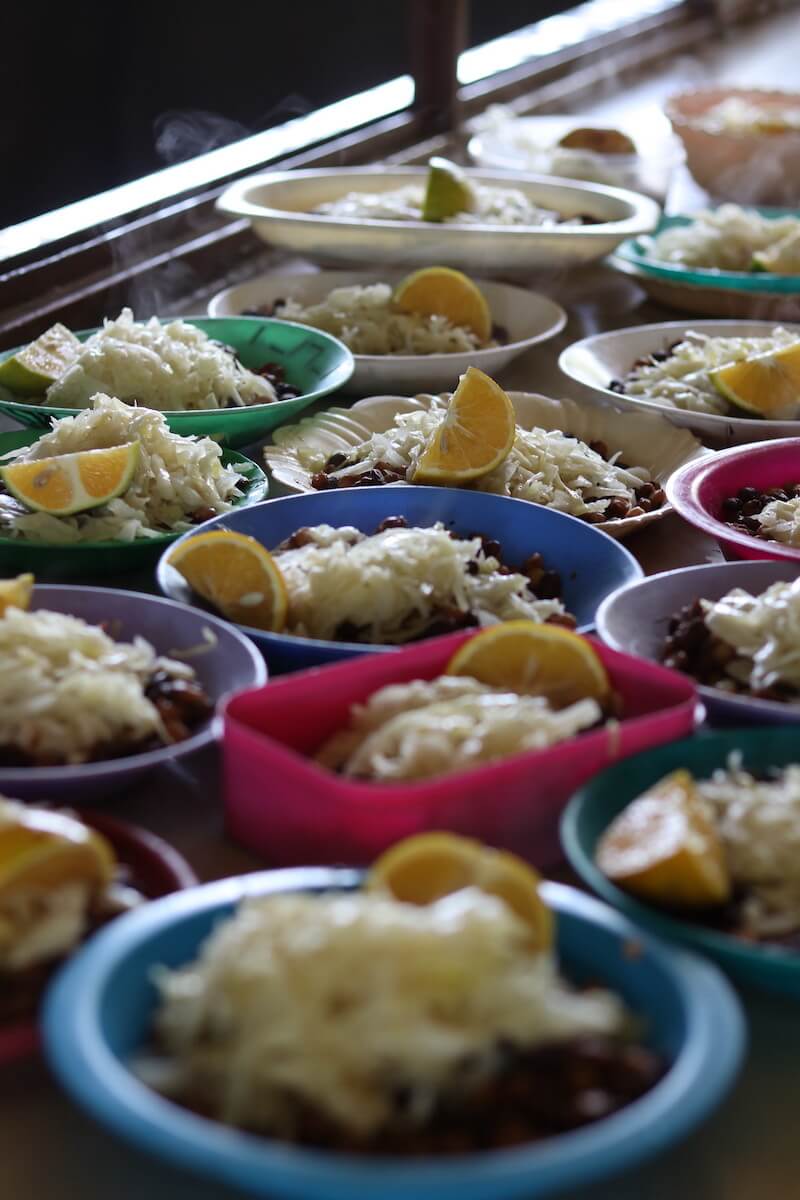
Twala Women Group
Twala Women Group consists of several savings and loan groups that have joined together to form a partnership. The first groups started in 2004. From 2007, they united because there was already more cooperation in the various areas. This ranges from training on chicken keeping to getting and keeping girls in school. Because of their growth, there was a need for a place of their own. With the help of Impact Initiative (a Kenyan human rights organization) a piece of land was obtained in their name. On this piece of land they then built a ‘Cultural center’ called: Twala Tenebo, which means ‘the bell rings to come together’. From this center and the 40 acres they had obtained, Aloe Vera is grown and a foreign buyer was found for it. Meanwhile, there are also a few guest houses where tourists can come and visit the center.
Impact
Indigenous Movement for Peace Advancement and Conflict Transformation (IMPACT Kenya) (www.impactkenya.org) is a dynamic 100% locally-led organization working for the welfare of indigenous peoples in Kenya. Founded in 2002 by Mali Ole Kaunga, with the goal of initially advocating for the (land) rights of Massai communities in the Nanyuki/Laikipia area. Over the years (after securing the land rights of the communities concerned) the organization, following the growth path of the communities they work for, has developed into an organization that helps/supports the population to unite, improve their livelihood without harming the environment, increase schooling for girls, improve health , while at the same time making the environment livable again (fight degradation, increase biodiversity).
The vision is to create a safe, just and inclusive society for all. Through various programs and projects, IMPACT focuses on human rights, land rights, capacity building, peace building, climate resilience, livelihoods and research. By addressing critical issues such as land degradation, indigenous rights and environmental justice, Impact Trust Kenya plays a crucial role in creating positive change in Kenya.
Kenya’s Arid and Semi-Arid Lands (ASALs) make up more than 80% of its land area. These regions are known for their highly variable climate and limited resource availability. The impact of climate change on these fragile ecosystems is evident in the increased frequency and severity of droughts. ASALs in northern Kenya are similar to many remote rural areas that suffer from chronic poverty, with challenges such as isolation, insecurity and limited economic integration all contributing to high risk and vulnerability.
Livestock production is a predominant economic activity and an important source of income for households in Kenya’s ASALs. More than 90 percent of the local population depends on this sector and more than half of the country’s livestock is located in these areas. However, the sector faces many challenges, including changing climatic conditions with unpredictable weather patterns, pasture degradation and mismanagement that directly affect livestock feed availability. Most areas are barren or heavily infested with invasive shrub species, minimizing the availability of desirable forage species for livestock. Traditional land management practices are collapsing due to changing land use dynamics, climate change and socioeconomic factors. One of the greatest challenges to the livelihoods and economic activities of communities in northern Kenya is land degradation. This has been exacerbated by ecosystem fragmentation, the effects of climate change, frequent droughts, poor land use planning and the erosion of traditional natural resource management systems. The increasing population in the region is also not contributing positively. Urgent rehabilitation and restoration of ranchland is needed to ensure that the land can sustainably support the well-being of the communities.
Currently, Impact is implementing several projects in the districts of Samburu, Laikipia, Isiolo and Marsabit. These initiatives include securing land rights, developing community land management plans, implementing restoration activities, controlling invasive species and building the capacity of land management committees. They also work to revitalize traditional land management systems, provide water and offer training to women and youth in income-generating projects. In addition, they offer start-up support to women’s and youth groups to establish businesses. The goal is to train community land management committees, traditional leaders, women and youth in seed harvesting and restoration techniques. This will enable them to restore various areas and generate income by selling seeds to other communities and organizations involved in similar restoration efforts.
100 Weeks
With FEMI support, five groups of 20 women each started the 100WEEKS program in July 2023. This program is implemented by our local partner, Victoria Friendly Montessori (VFM) The women receive money and training sessions. One of the groups has also started a group project. They bought chairs which they are renting out for community gatherings. At this moment – medio 2024 -the women have reached a phase of the program where most of their basic needs are met: there is enough food, the children can go to school, and debts are being paid off. As a result, survival stress decreases, making room for long-term planning, including starting new businesses. At this stage, the curriculum focuses on financial literacy, entrepreneurship, and climate-resilient agricultural techniques. During these interactive weekly sessions, the women learn to apply the lesson material in their daily lives.
Zero-Kap projects in Kenya
Victoria Friendly Montessori Empowerment program
Project to increase the economic self-sufficiency of (especially women’s) groups. The loan is used to be disbursed as micro loans.
Seed Trust
SEED is an acronym for Sustainable Education and Enterprise Development. Established in 2008 as a trust organization, SEED aims to support the educational needs of underprivileged children and provide business development and credit services to micro and small-scale enterprises.
